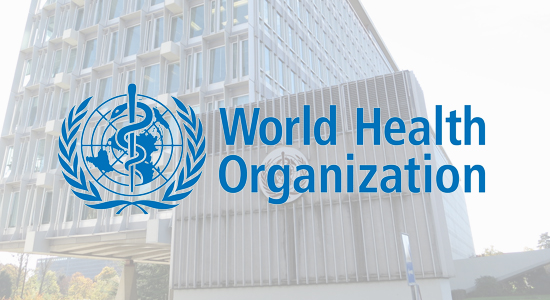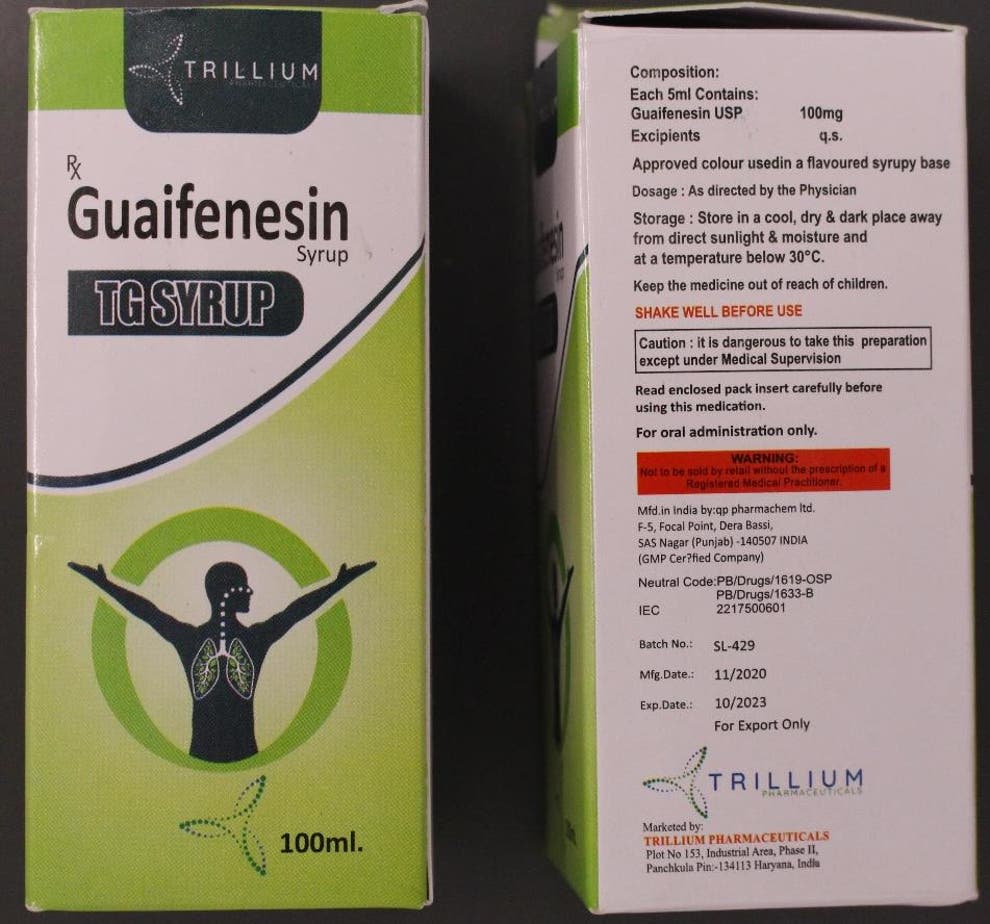Company Creates New App To Help Farmers Get Ahead Of Avian Influenza
The Biosecurity leaders, Livetec has launched an industry-first app which aims at assisting poultry farmers and backyard keepers tackle the spread of Avian Influenza (AI) amid UK’s ongoing outbreak. The development was made public in the a press release from the British Free Range Egg Producers Association (BFREPA). The Livetec Systems App is a disease management mobile app which helps farmers get ahead of the spread of the highly pathogenic H7 avian influenza in poultry, and provides the tools they need to manage and protect their livestock. It comes amid the worst ever outbreak of AI in the UK, with tough laws imposed by government towards curbing the devastating spread. Designed as an easy-to-use tool which can accompany farmers throughout their day-to-day activities, the Livetec Systems App has been fashioned using Livetec’s signature lab to farm philosophy to bring contemporary technology to over a decade’s real-world experience on farm.













